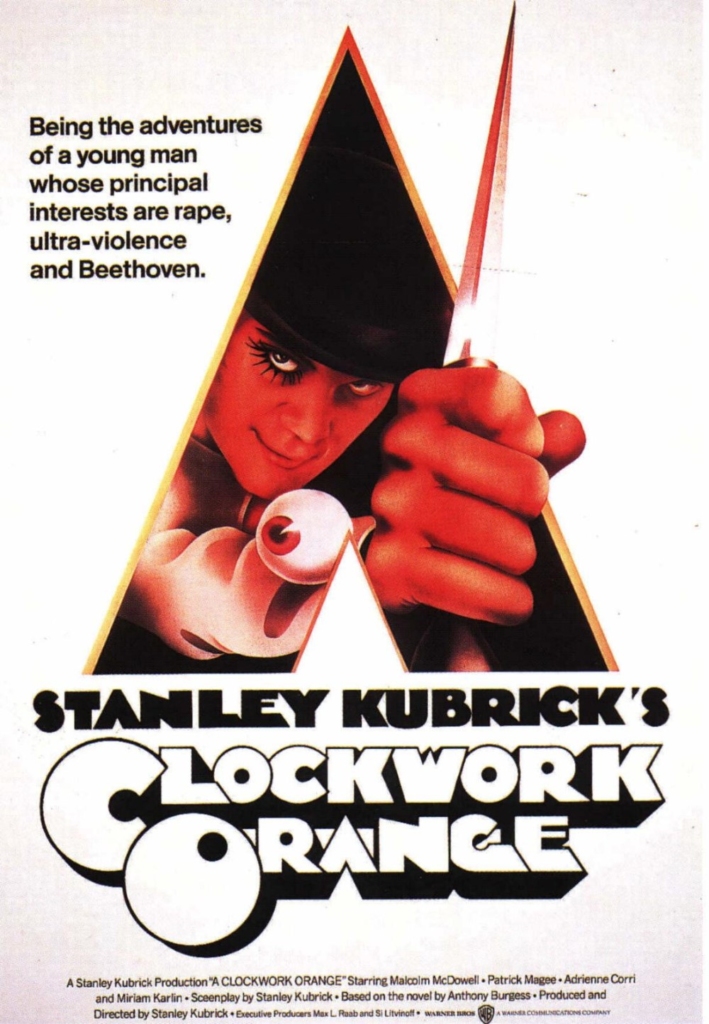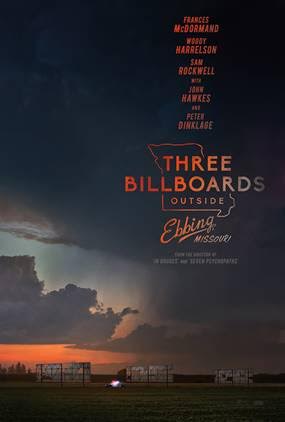Starring: Peter Dinklage, Haley Bennett and Kelvin Harrison Jr.
Directed by: Joe Dante
Rated: PG-13
Running Time: 124 minutes
United Artists Releasing
I tell people that sometimes I’m grateful I’ve been ignorant of certain elements in pop-culture. 2022’s “Cyrano,” based on “Cyrano de Bergerac,” a play written in 1897, has been adapted dozens of times. So what does the new one have that the others don’t? I don’t know, but I can tell you that this “Cyrano” features a dazzling performance, some solid ensemble songs and some touching moments.
In the original story, the title character has a big nose that prevents him from proclaiming his love. In this updated story, Cyrano (Dinklage) has a size problem that prevents him from professing his adoration for Roxanne (Bennett). Instead of singing his love to her he lends a helpful ear when she needs one. That leads to him watching as she begins to fall for a Christian (Harrison Jr.), a young soldier that isn’t as witty, clever or skillful with a sword as Cyrano. Despite this, a love triangle forms as Christian recruits Cyrano to win over Roxanne, but is that what’s right for everyone?
It took me a while to warm up to “Cyrano” because I wasn’t quite sure if this movie had anything to say other than “looks aren’t everything” and I’m glad it did, but it took a while. That’s because the film is littered with several music scores (some great, some mediocre) that break up the pacing of the plot, especially when the song calls for something completely unrelated to the storyline. The thing that kept me hanging on during those down moments was Dinklage’s performance, one that I can say is one of the best of the year.
Despite his stature, Dinklage commands the screen and the actors around him. Dinklage doesn’t chew the scenery, he serenades it, enchants it and morphs into it raising everyone and everything up to his level. Bennett, Harrison Jr., as well as Ben Mendelsohn in the role of villain, only appear to be acting their proverbial butts off when Dinklage is in the vicinity. Otherwise the film seems a little lost without Dinklage’s magnetic presence.
Dinklage is such a massive part of this film, I was shocked that he wasn’t the director, writer (although his wife did pen the script), editor and distributor as well. While Dinklage is more well known for his time on HBO’s “Game of Thrones,” fans of his role as Tyrion Lannister may find themselves hypnotized by his quick wit and quick tongue in “Cyrano.” At the very least, “Cyrano” is a testament to Dinklage’s abilities as an actor and as a leading man in any role he’s given.



